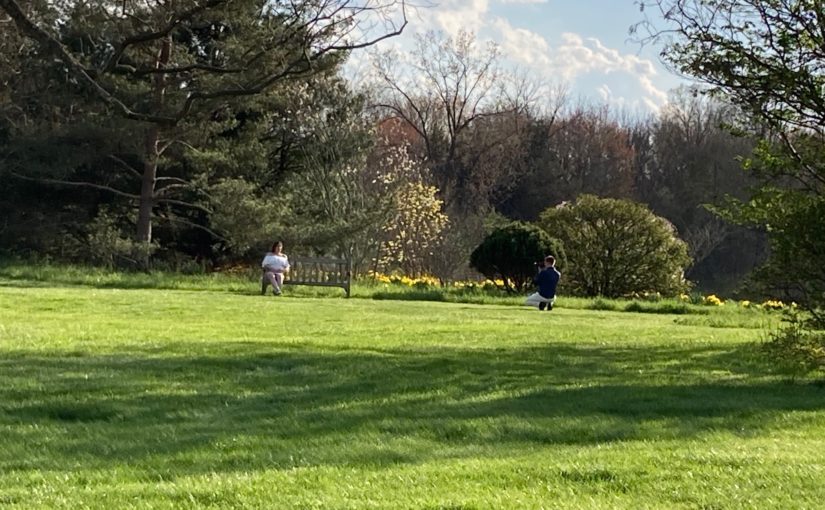Byung-Chul Han speaks about the agony of eros in our time. Seeing the widespread sexual permissiveness of our time, one would think the opposite is true. Eros was the Greek god of carnal love. In Latin the concept becomes somewhat more complex and is called Love or Cupid (desire). Eros was the assistant, or son, of Aphrodite, the goddess of love and fertility.
It is an incontrovertible fact that there is a shortage of love. The prevalent inanity and void of ideas in our society extends to the field of love. Love is the other, the otherness and as such it is the unknown. This society wants security, the self occupies everything, but the self cannot love if it does not understand, define and find its borders, because beyond those borders lies the other. The condition of love is only fulfilled in denial, in the acceptance of our limit, in the definition of the no-self, only then can we seek the other.
The dating websites are just a market of psychology in a “Dollar Store”. Looking for a partner is like going to the supermarket, I want it tall, slightly olive green skin, a happy midday smile and hair with Gordian knots. This market does not allow us to leave the self, it can never be love. When the other is reduced to an object, market exchange is possible, but marketing has nothing to do with love. This exchange makes us prisoners of our own self, we do not leave ourselves. It can satisfy certain needs, both physical and psychological, but it is not love, it is not the discovery of the other, we are still in the desert of our self, alone. Socrates, in the Banquet, held that love is the desire or spirit which lifts the human soul to the knowledge of the forms, the essence of things. He contended love can help the human mind ascend beyond the temporal world of the senses.
Saint Augustine speaks of two cities originated in love: in one of them the love of self reaches the point of contempt for God, the earthly one; and in the other the love of God achieves self-contempt, the heavenly city. Byung-Chul, who has not understood the sources of Western civilization, says that today we witness the marketing of love in neoliberalism. What we see today is as old as the world and has its roots in man’s supreme freedom of choice. Man can choose to deny himself, what Byung calls the encounter of the frontier of the self, which allows a glimpse of the existence of the other. And that only happens in the transcendence of our own being. That is why love is difficult terrain, in love there is no transparency. Transparency only exists when there is no trust. Love includes lights and shades, the other is ineffable. That is why fantasy is inherent to love, the barriers of the unknown fuel uncertainty and search. Shakespeare already said “In friendship and love one is happier with ignorance than with knowledge.”
Cervantes said that “Love never made any coward” and once again recalls the transcendence and denial of being when discovering the other.
Despite all the gibberish of words and noise in today’s world, we all long for and seek transcendence and we call it love. That search is a constant inherent to man’s life since we set foot on this earth, it appears time and again in our collective memory. We do not need complex philosophies or big words. We understand the otherness, transcendence, the non-self, shadows and … when Rose tells Jack “I promise you. I’ll never let you go, Jack. I’ll never let go”. Eternity in a moment.
References
The agony of eros by Byung-Chul Han 2017
The Banquet by Plato, a long time ago
The City of God by Augustine of Hippo
Titanic, 1997
